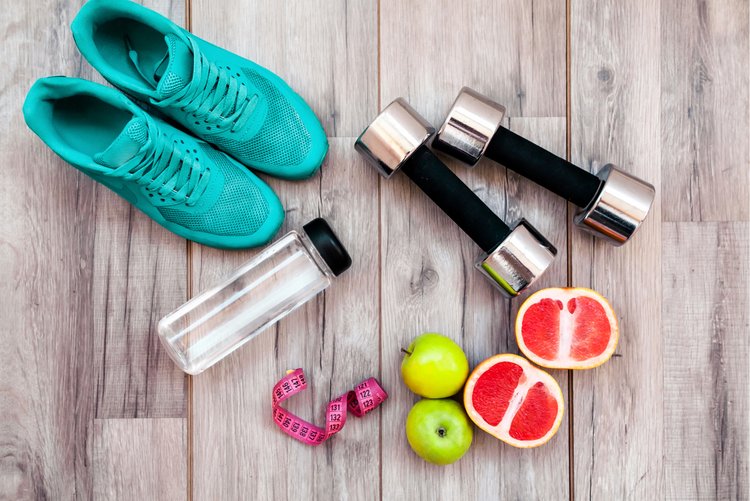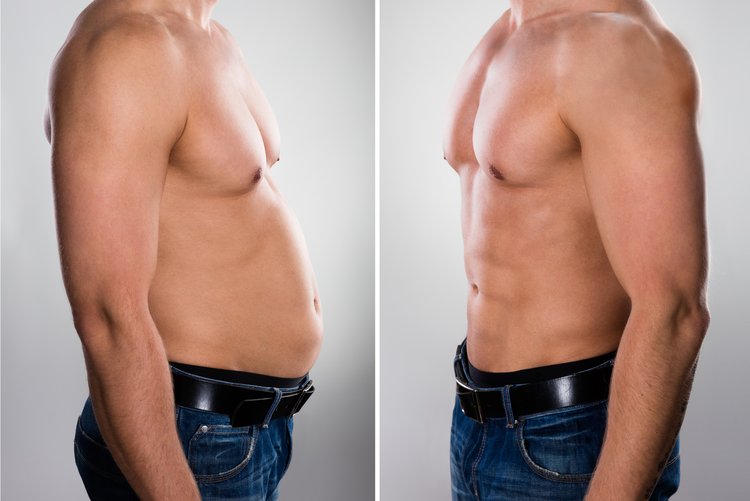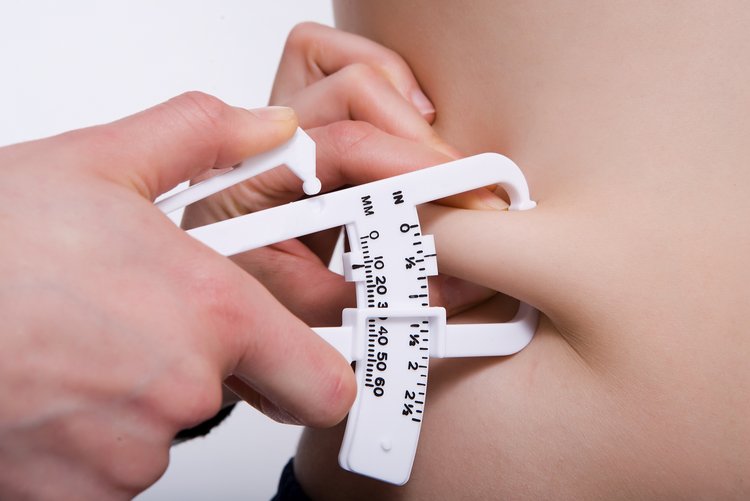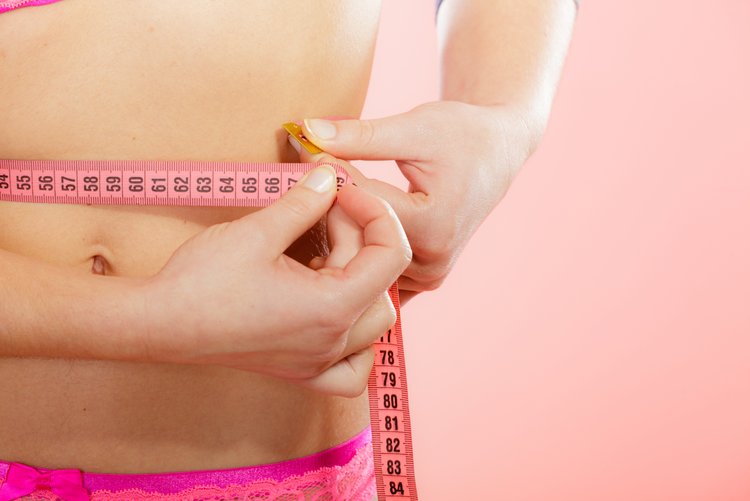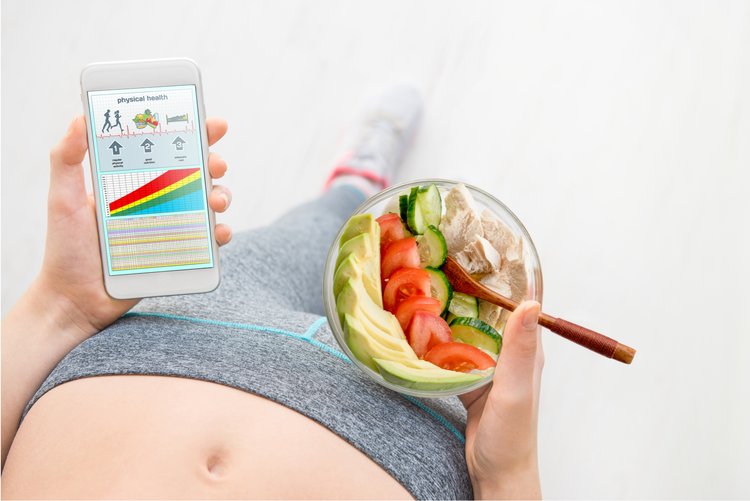shutterstock.com So, you have decided to start a new life, and are planning to seriously reconsider your diet and begin thinking about fitness. You’ve even bought a season ticket to the gym. The first months of getting acquainted with the exercises are over, you already feel confident in the gym, and can consult the newcomers what this or that trainer is better at, and you are able to exercise without a personal trainer. Food-wise, everything is already more or less clear to you; you can distinguish fast carbs from slow ones, and know which protein to choose after a workout, you drink enough water, and are able to count your calorie intake. Well, it’s time to tell yourself that you are no longer a beginner and that the first confident steps towards the body of your dreams have already been taken. What next? The goals have been set, the tools to achieve them have already been mastered, the only thing remaining is to understand where and where to go from here. You need to decide on the criteria for determining your success. What’s it measured in? Let’s figure this out. Many factors of your progress can be tracked, and there are many ways to measure each individual factor. Usually, novice athletes are fixated on one or a couple of parameters that may not demonstrate the overall muscle growth, and then panic, become demotivated. Becoming upset and just wanting to give up should not be allowed at any time. I will tell you about what components on your fitness path you need to pay attention to and how to measure them. The first method is banal and simple and is now available to everyone: a photograph. Snapshots of your body will be useful not only for posting them on Instagram, but they can also provide an invaluable service in tracking the changes in your body. It is no secret that the reflection in the mirror does not show you everything that you see. The mirror can lie and frustrate, it may not portrait all the changes that are happening to your body. The true state of affairs will be revealed to you only through photos from different angles. Take pictures once every few weeks in the same place, at the same time, and preferably with the same lighting, you will be able to see changes that it’s impossible to notice in everyday life: this place has less fat, this muscle has finally grown, or on the contrary, you will be glad that you managed to sustain the achieved shape and that nothing has changed. The second parameter, which can determine your success in fitness, or rather, in your diet is the determination of the level of body fat. The cheapest way to check this can be done with the help of a simple method, using a caliper to take measures. A caliper is a straightforward tool that determines the thickness of the folds of fat in different parts of the body and you can determine your percentage of body fat quite accurately using a special table. New and fancy fitness centers are abandoning this method in exchange for the more complicated and refined bioelectric impedance systems. These are devices that conduct a weak electrical signal through the body, which by the speed of passage through different tissues (each of them has a different resistance to electricity) can show the amount of overall body fat. As a result of this analysis, you will be able to see many parameters, the main ones of which will be the lean body mass, the mass of your muscles and the mass of your subcutaneous fat. Data is provided in both kilograms and as a percentage of your total weight. The analysis is quite accurate, but not one hundred percent so. The fact is that many confounds affect the purity of the result: did you eat before the measurement or not, did you consume alcohol, did you train before the analysis. All this matters. So you shouldn’t get upset when faced with unexpected fluctuations, and simply consistently take measurements every week. The easiest method of controlling your transformation is a simple assessment using a measuring tape. Together with the photos, this method gives you an almost perfectly accurate analysis of the situation. Even if the scales do not show any changes, then, by finding additional centimeters in the girth of the arm or leg, you can determine that muscle mass is growing here, and the total fat content is slowly melting away. And, of course, the decreasing waist girth will clearly let you know that you are losing fat. You may not need any measuring tape at all, your favorite jeans or skirt can serve as an ideal measuring tool. Regarding scales, all readers have probably learned a long time ago from the advice of fitness bloggers that they need to be thrown away. This is indeed good advice for beginners, but for the continuing and experienced gym visitors, this advice is not suitable. Any beginner, taking up a new diet and exercise program, at the initial stage loses weight very quickly. A lot of water leaves the body during these first steps. Encouraged by such rapid progress in only a couple of weeks, the first disappointment awaits: the weight stop going down. In addition, beginners very quickly gain muscle mass. This means that the overall body weight grows, so it seems like this is the ideal time to start panicking. But you need to understand the real reasons behind the weight change, which, in fact, are the indicators of the occurring progress. That is why at the initial stage it is better to forget about weighing yourself. But if you have a lot of excess weight, then the loss of a couple of kilograms can go completely unnoticed. And here the bathroom scales come in handy. Just as they will be useful, if you have already reached a very low percentage of fat, to track muscle growth. If you are already an experienced gym visitor and have achieved the external changes you wanted, but if you feel that nothing is changing, even though you are working out and working out, then I strongly recommend that you keep track of your strength indicators. Keep a diary or use applications that count your workout volume and strength indicators. Physical strength is not the only indicator that can improve without any visual changes in your body. The volume of the lungs and the strength of the cardiovascular system are also very important. It is always useful to look back and, for example, realize that last year you would start to choke while performing a 10-minute cardio, and today you worked out on the treadmill for half an hour with ease and pleasure. The more experienced you become, the more relevant the tracking of strength results becomes for you, so start to consider this and begin controlling them as soon as possible in order to reliably track your progress. The last, but certainly not least parameters you can use to control your progress, are the indicators of your health. Many fitness fans are so addicted to the external factors of progress in their lifestyle that they forget about the main goal of this activity, their own health. Now smartphones have programs that by default track performance, but don’t be lazy using only them, and regularly go for blood tests in the laboratory. Fortunately, today this is not a problem. Reducing the resting pulse rate, normalizing the blood pressure, improving insulin sensitivity, and reducing the level of harmful cholesterol are the main dividends from regular exercise and controlling your diet. A fit backside, beautiful posture, muscular hands, and a thin waist are merely additional bonuses that are a reward for taking care of your own body and health.
